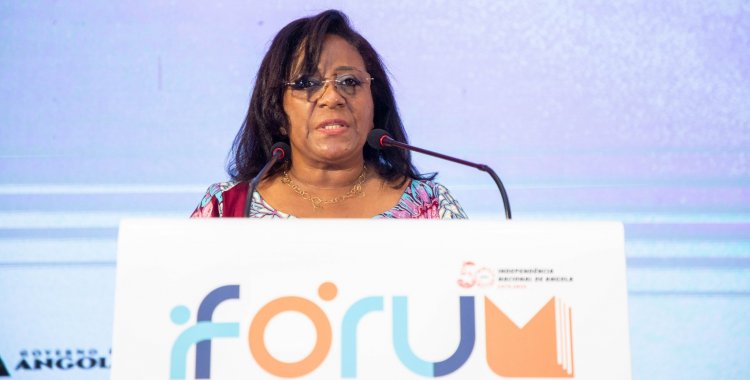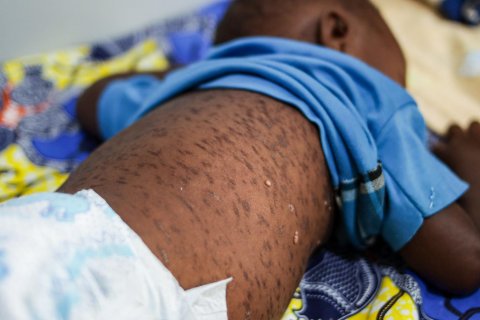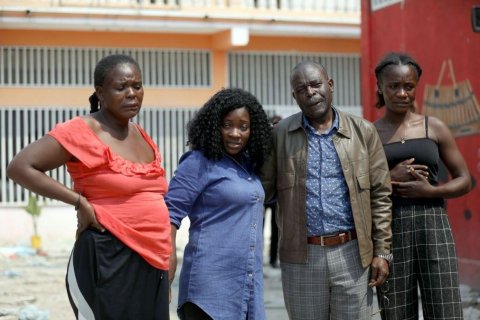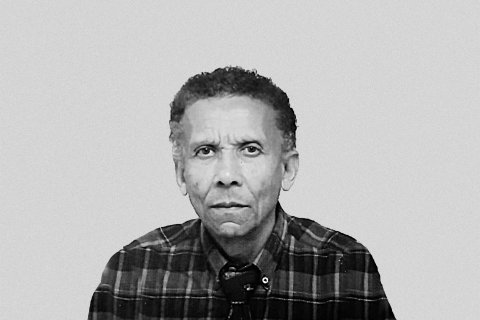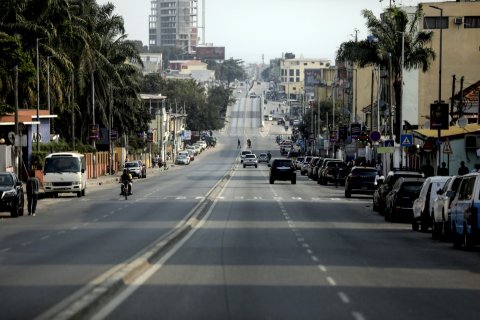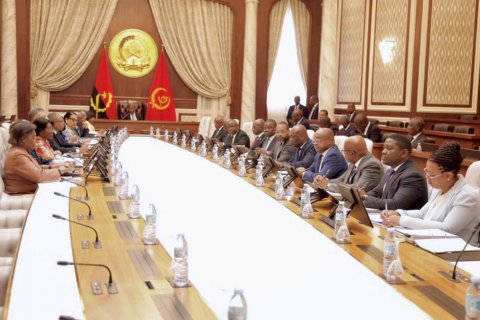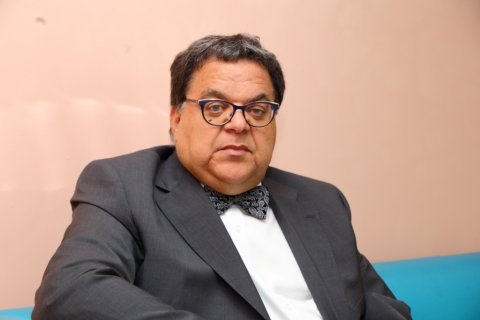At the forum – which commemorates the 50th anniversary of national independence and which runs until this Friday in Luanda – the Minister of State stated that "significant quantitative and qualitative advances have been made in Higher Education, with around 345,000 students enrolled in 105 Higher Education institutions in operation".
In this regard, she added that the number of graduates has increased, with "92,013 graduates in various areas having been registered in the last five years, which makes it possible to respond to the needs of the job market and the national economy".
On the occasion, the minister also spoke about the priorities set out in the National Development Plan for the period 2023-2027.
"The intervention priorities set out in the National Development Plan (PDN 2023-2027), in terms of education, namely, developing Pre-School Education, expanding the networks of Primary and Secondary Schools, expanding the provision of digital education and its levels of digital literacy, improving the network of Higher Education institutions and the provision of undergraduate and postgraduate courses and improving the quality of education provided, developing the quality assurance system in the education system and the certification of Higher Education, promoting research in universities and research centres in the country", said the minister, quoted in a statement from the Ministry of Higher Education, Science, Technology and Innovation, to which VerAngola had access.
She also pointed out the fact that, last year, progress was made with the external evaluation of Medicine and Health Sciences and Education courses, the process of which will be extended to other areas: "This process of external evaluation of courses will be expanded to other areas, as it will be a crucial factor in improving the quality of higher education", she pointed out.
As for teachers in public and private institutions, the minister, quoted by Angop, pointed out that the country has approximately 12 percent of teachers with doctorates and 37 percent with masters.
"It is our ambition to continue increasing the number of doctorates to meet the requirements of the African Union and, by 2063, 50 percent of municipal teachers will have doctorates", she said.
She also spoke of the need to mobilize more resources, in human and financial terms, to ensure universal access for children to the education system.
As for the forum, she said it was the place to reflect deeply on education and teaching.
"This forum is the place and the time for us to deeply reflect on what education and teaching we need to satisfy the aspirations inherent to human and social development and on what we need to continue doing to ensure the continuous improvement of the quality of the educational service", she said.
"National and foreign personalities are gathered here, with the right profile to generate new ideas that can contribute to rethinking educational policies and changing the framework of education and teaching in Angola", she added, as quoted in the Ministry's statement.
Also speaking at the forum was Luísa Grilo, Minister of Education, who considered that a quality education with scientific rigor easily generates cultural, social and economic wealth, as well as ensuring greater dignity in people's lives.
Luísa Grilo also pointed out that the country's development depends on special attention being given to education and teaching, with an emphasis on what is provided to children and young people.
According to Angop, she said that it is essential to draw up policies, programmes and actions that represent the noble and inevitable task of promoting the exercise of active citizenship, through education and teaching.
Among other aspects, she spoke of the challenges that the sector faces, such as the student-teacher ratio, improving school enrolment rates, among others. "These and other problems in the sector are of concern not only to its agents, but also to all social actors who are involved in education for the country's development", she pointed out.
According to the statement from the ministry, the motto of this forum is "For an Inclusive, Equitable and Quality Education", and is made up of 12 thematic panels on "various areas of the Education System and the essential objective is to identify the main obstacles to the implementation of UNESCO's recommendations on Education, aligned with the principles of the new social pact for Education, the Sustainable Development Goals (SDGs), the guidelines of the ACH 2023-2027 and to find clues for the reformulation of education policies".

